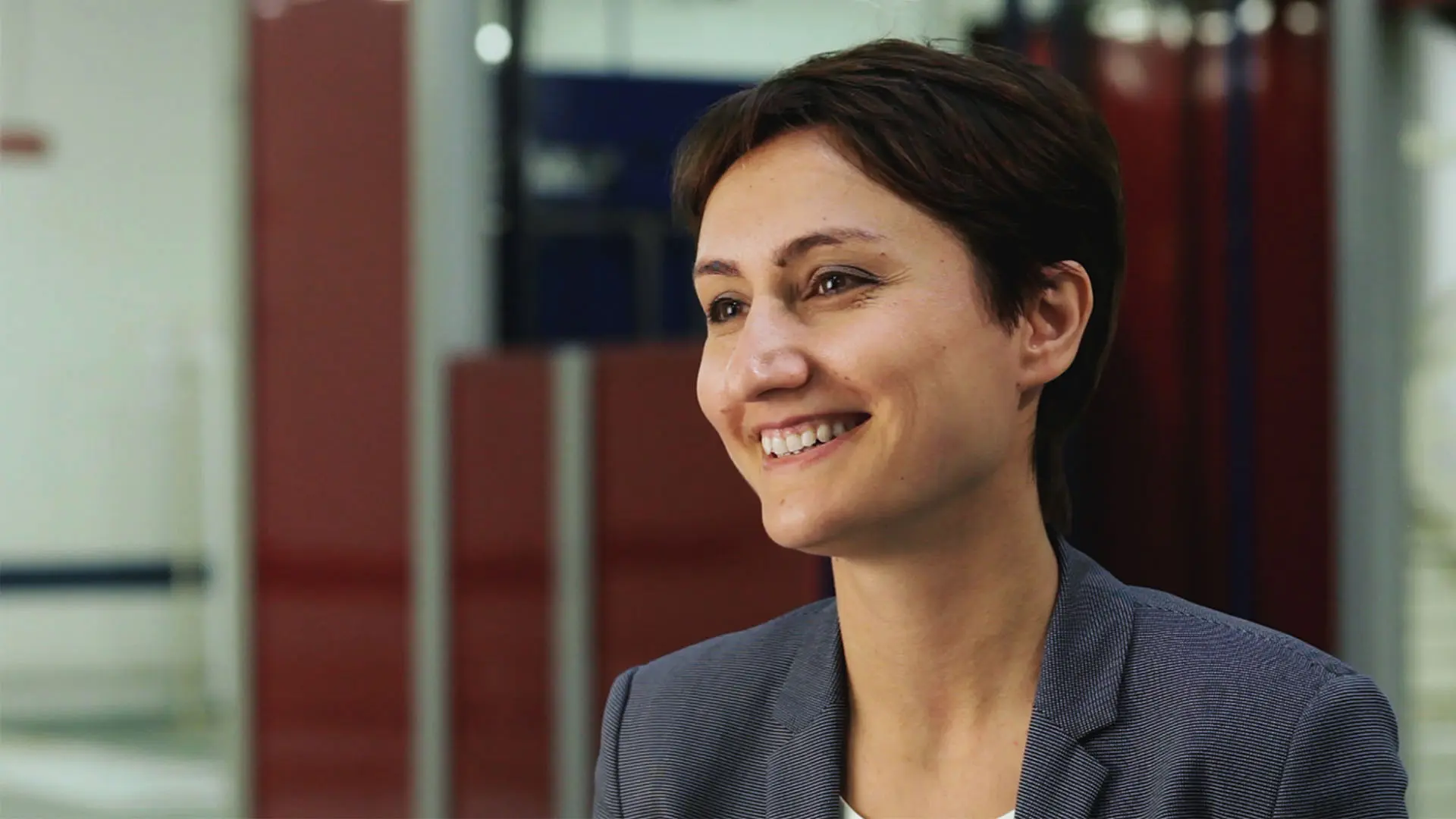The European Service Design for Innovation project
Daniela Sangiorgi

I teach Product Service System Design in the theoretical course on Network and Services and contribute to the teaching contents of the Industrial Design course. My field of research is connected with developing the practice and theory of Service System Design, that is, a subject area which aims to introduce and spread the use of human-centred design approaches to improve the experience, efficiency and sustainability of both public and private services. I’m a member of the International Society of Service Innovation Professionals (ISSIP) and of a European PhD school (the European Training Network) on the theme of Service Design for Innovation, with the purpose of integrating design skills within multidisciplinary practices relating to service innovation.
The European Service Design for Innovation (SDIN) project
I returned here to Italy to work after spending eight years at Lancaster University, a large university in north-west England, where I collaborated with a research centre called Imagination, which promotes the idea of using design to tackle the most pressing contemporary issues by combining it with other disciplines.
Here at the Politecnico I have transferred a project which I began at Lancaster University: SDIN - Service Design for Innovation, a European project funded under the Marie Curie programme, the aim of which is to create a training network by developing a European PhD school on the issue.
The project is important because:
- it reflects an interest in the contribution of design within various disciplines concerned with innovation in and research into services (service research or service science);
- it points to a shift in the definition of service design from that of an area in the subject of design to a multidisciplinary approach in which design contributes to the introduction of a human-centred approach;
- it is based on partnerships with businesses and the public sector and develops concrete approaches which integrate management, marketing, engineering and information technology tools and which create innovation.
Design plays a central role, as it brings with it the human-centred aspect, which is essential to integrating the contribution of various disciplines.
Nine PhD students receive funding to develop this skill at both the theoretical and practical level.
The PhD school is based on the individual research of these PhD students whose various projects it supervises with a view to creating a multidisciplinary knowledge system on the subject of design for service innovation.
Specifically, the individual projects will each be supervised by two universities with different competences so that students can have different stimuli. They also include internships and periods of study at companies with a view to developing a theoretical framework as well as practical approaches that can be tested with the companies and their impact assessed.
The role of the Politecnico
In Milan we will have one of these nine PhD students, who will be supervised by the Politecnico and by Karlstaad University. The student’s role will be to help strongly technology-oriented companies to develop a service approach, in other words an approach to innovation which is more focused on user understanding while at the same time more dynamic and doesn’t focus on a specific technology, a specific product, but on a flexible system of solutions, in relation to the user’s needs
The PhD student will have a period of collaboration with IBM in Germany followed by a period in Scotland at a digital service design agency. There will also be opportunities for further collaborations in Italy.
Returning to the Politecnico
Of course spending so many years abroad has been a fundamental experience, particularly in England where the subject of service design has been developed in an extremely pragmatic way. In the UK I had a huge number of design experiences; I provided support at the level of the Research Council for research projects, and at the institutional level design was supported to develop in the service sector. It was an opportunity to experience this system, particularly in the world of the public sector, where there is a great deal of interest, and much experimentation.
Returning to Italy is a challenge. The theory of service design was born in Italy and has continued to develop here too. The personal challenge is to contribute to what my colleagues have continued to do and bring it still further not only into the academic sphere but also working with businesses and – what I’d really like – into the public sector too.
At the same time, the Department of design has grown, it has become much more dynamic, much more open to the overseas context and so, for me, this is the right time to return.